
About 5 per cent of the Hungarian GDP is generated by the auto industry, therefore, initially, the EU’s decision to ban the sale of all new combustion-engine cars in 2035 was met with resistance in Hungary. Due to the ban, it is expected that from 2035 on practically only electric vehicles will be allowed to be sold in the European single market, which could have left the Hungarian economy that was dependent on the old technology vulnerable. Fortunately, however, Hungary showed a remarkable ability to adapt to the changing circumstances. In the past two years since the ban was proposed electric battery manufacturers have been engaged, which helps facilitate the green transition of the Hungarian car industry.

In a recent op-ed John Bolton argues that the White House failed to recognize that the real conflict in the region is not between the Palestinians or Arabs and Israel, but Iran’s war against Israel.
The modern reader might scoff at the medieval chronicler’s words about divine assistance, even dismiss it as gibberish, as he rather tries to find rational reasons for military victory. This attitude, however, fit in perfectly with medieval thinking, and the protagonists were fully convinced that their success or failure was due to the gaining or lack of heavenly support.

Since 2017, the increase in the number of people employed in the high-tech sector has been larger than the increase in the number of people employed, and their share has also grown. This is the period when we were propelled into the EU lead. While in 2017 we were 0.9 percentage points above the EU average, by 2021 our lead had increased to 1.6 percentage points. During this time, the number of people working in the sector increased by a third to 300,000.

Tamás Deutsch, leading candidate of Fidesz–KDNP in the European Parliament elections, discussed various important topics in his interview with Mandiner, including the recently adopted new migration pact, the composition of the EP after the upcoming elections, and the frozen EU funds due to Hungary.

From 2010 the Hungarian government changed the previous approach to taxation entirely. This meant a significant reduction in taxes on labour, leaving more money for employers and employees, a huge improvement in the efficiency of consumption tax collection, and the most attractive corporate tax rate in the EU. The government has no plans to increase tax rates but is developing innovations that will make tax compliance simpler, less administrative and more efficient for both the tax administration and the taxpayer. It is fair to say that Hungary’s tax innovation has now become a best practice for the EU.

Pete Gogolak, a Hungarian immigrant, changed the way placekickers take field goal attempts in the NFL—his ‘soccer-style’ method is still used in the league today. He is celebrating his 82nd birthday today.

‘In other words, Hussar Cut puts into a broader perspective the policies that PM Viktor Orbán carried out in the recent decade. It is also a comprehensive analysis of international relations, with special emphasis on the currently changing world order. Balázs Orbán draws the conclusion that the changes of the international system have made a new strategy necessary for Hungary.’

Just a few weeks ago, Liverpool was the favourite to win the Premier League with eight games to go and a two-point lead. However, things have changed a lot for the team recently, and for the worse: they are third in the league and lost to Atalanta 3–0 at home in the Europa League. Some fans are even turning on Szoboszlai himself. Where will he go from here?

Commenting on the outrageous attempts to shut down the National Conservatism Conference in Brussels earlier this week, MCC Brussels Director Frank Füredi stated in an op-ed on POLITICO: ‘The campaign to cancel the NatCon wasn’t simply directed against this organization but against the foundational values of democracy. Those behind the campaign believe public life must be subjected to the policing of speech. That’s bad news for all of us, regardless of ideological affiliation.’
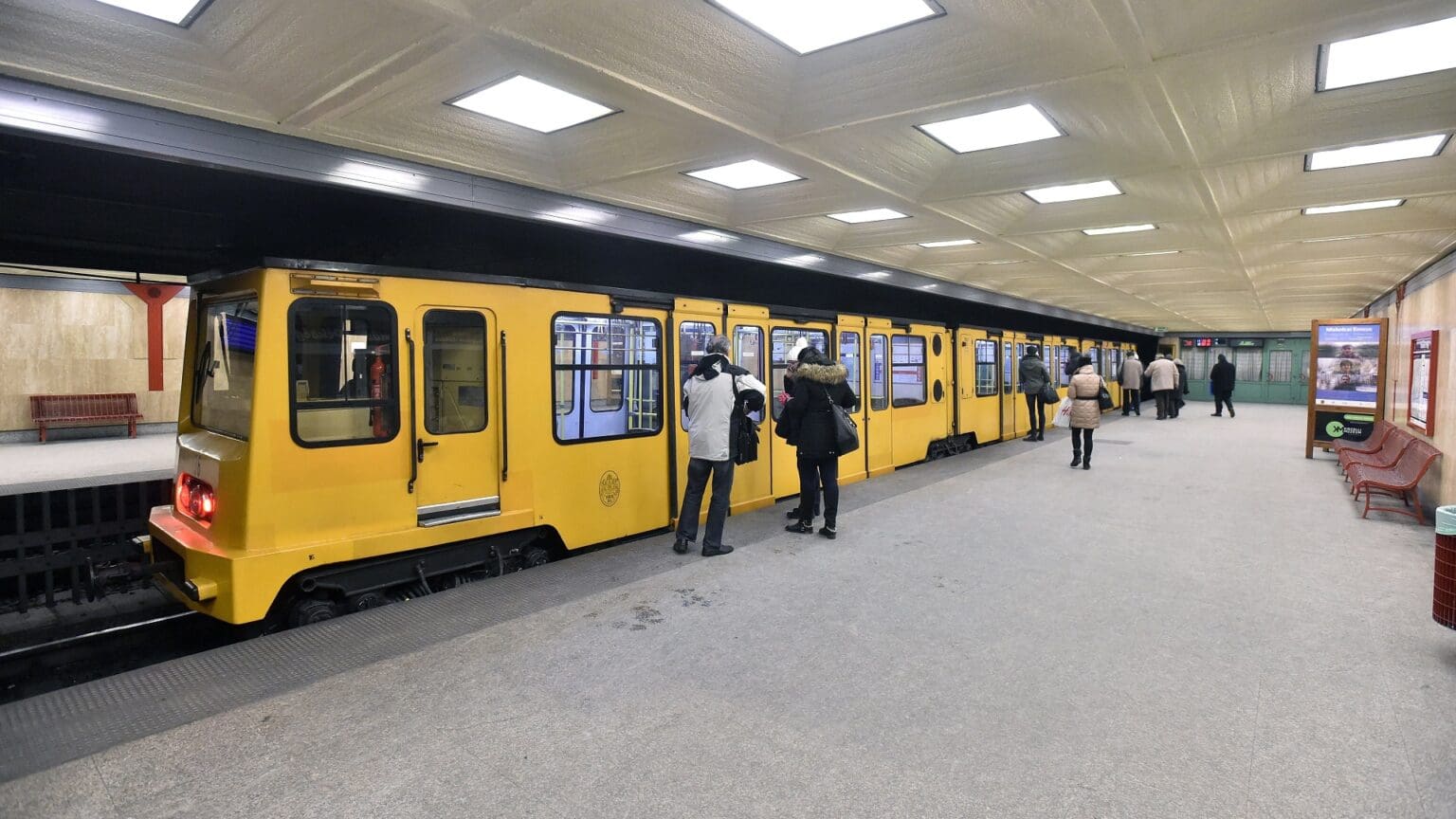
The website of the American cable news channel CNN listed the 18 best metro systems in the world. Among them was Budapest’s historic Metro Line 1, opened in 1896.

Organized in celebration of Earth Day, the three-day festival offers a rich programme of activities and experiences related to environmental and nature conservation.

‘The liberal aspirations of the 21st century include the destruction of human autonomy and freedom, and making people as dependent as possible on the state and other circles of power and wealth. One of the best ways to counter such aspirations is for everyone to live in their own property, which, incidentally, is constantly increasing in value.’
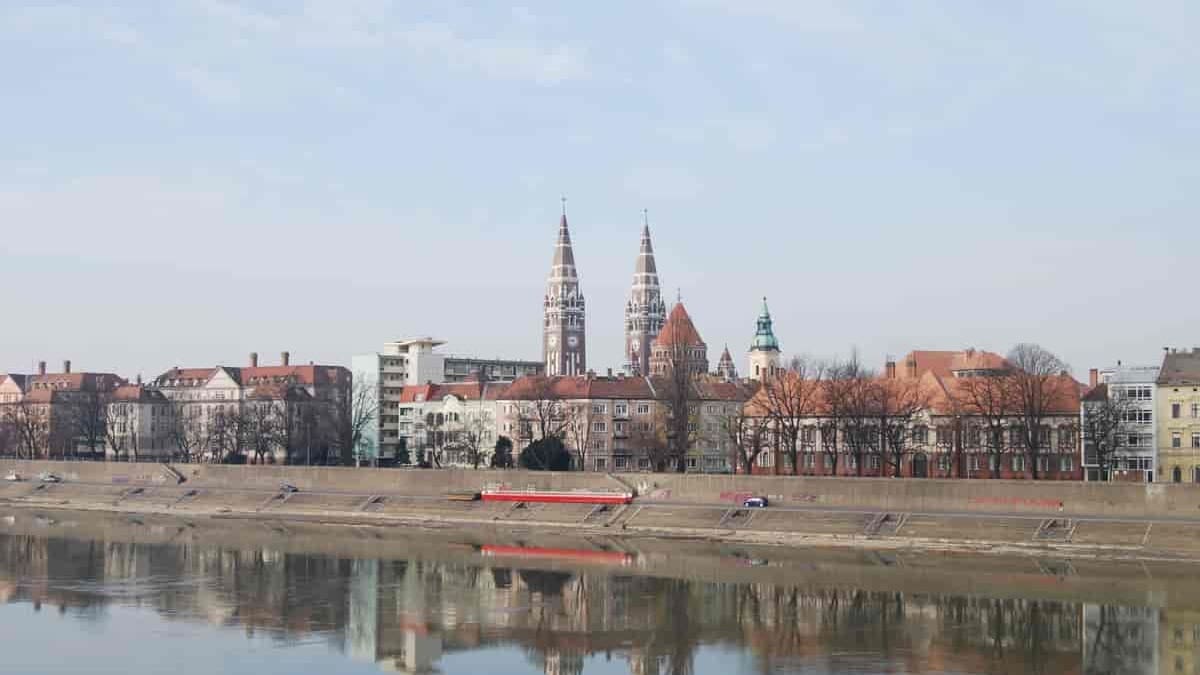
Hungary has the most hot springs in the European Union. The municipal government of Szeged is making a unique effort to try to utilize geothermal energy for its district heating system.

We have moved from our absolute fertility low in 2011, last in the EU, to sixth in 2022, with the highest growth in 2022. According to the latest Eurostat data, we moved up five places in 2022, the first year of the Russian-Ukrainian war, even though we had fewer children that year than in 2021. This fall was much smaller than in other EU countries.
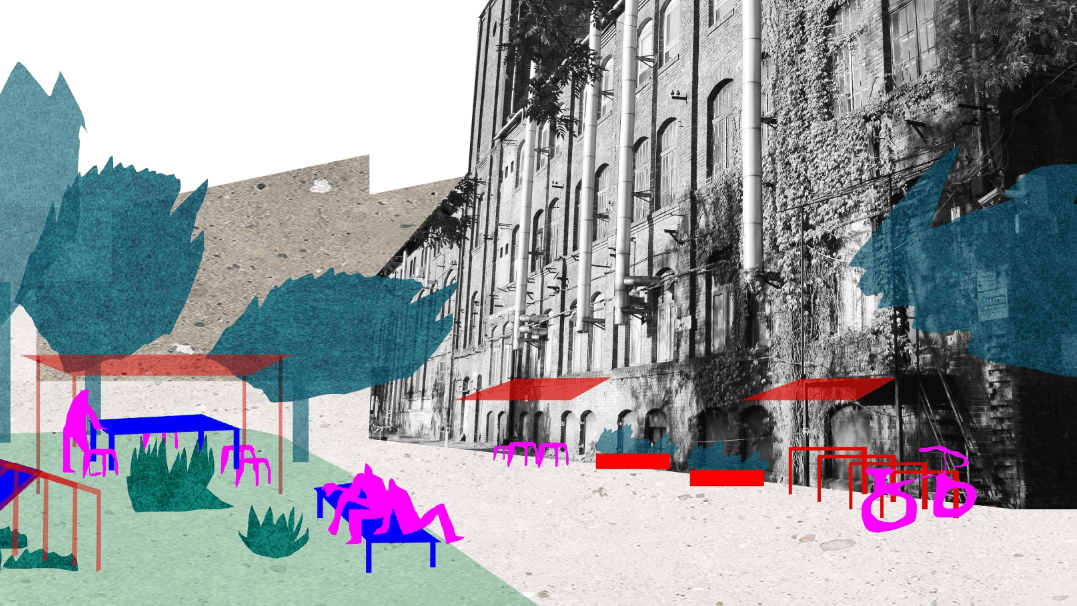
Among the twenty winners of this year’s New European Bauhaus Prizes the Hungarian project titled Cooperative Ownership of Communities won the New European Bauhaus Rising Stars prize in the ‘Regaining a sense of belonging’ category. The aim of the project is to promote ‘affordable housing and inclusivity through circular renovation and sustainable practices’.
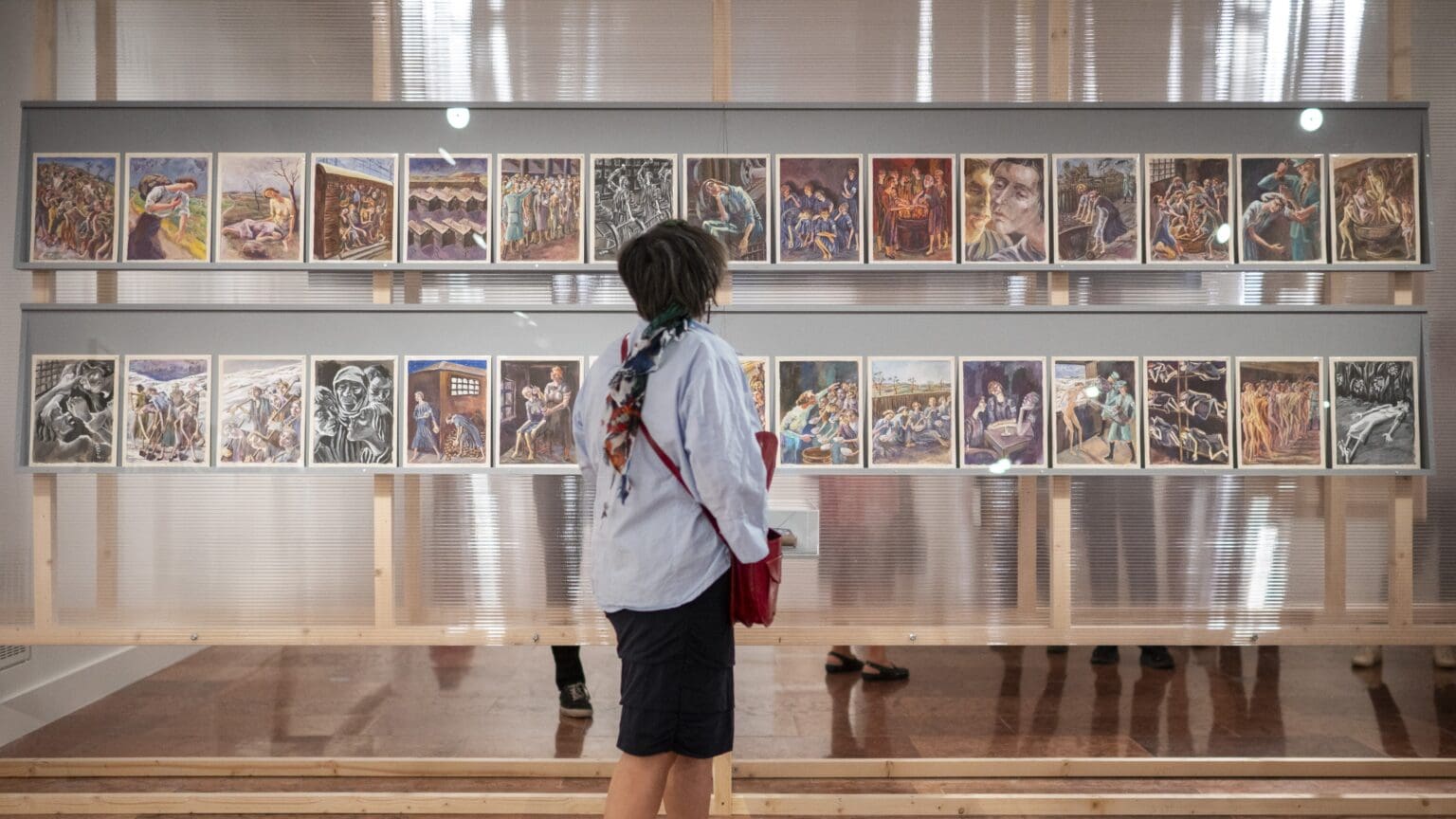
The unique exhibition presents the memory of witnesses, with most of the works created between 1944 and 1947.
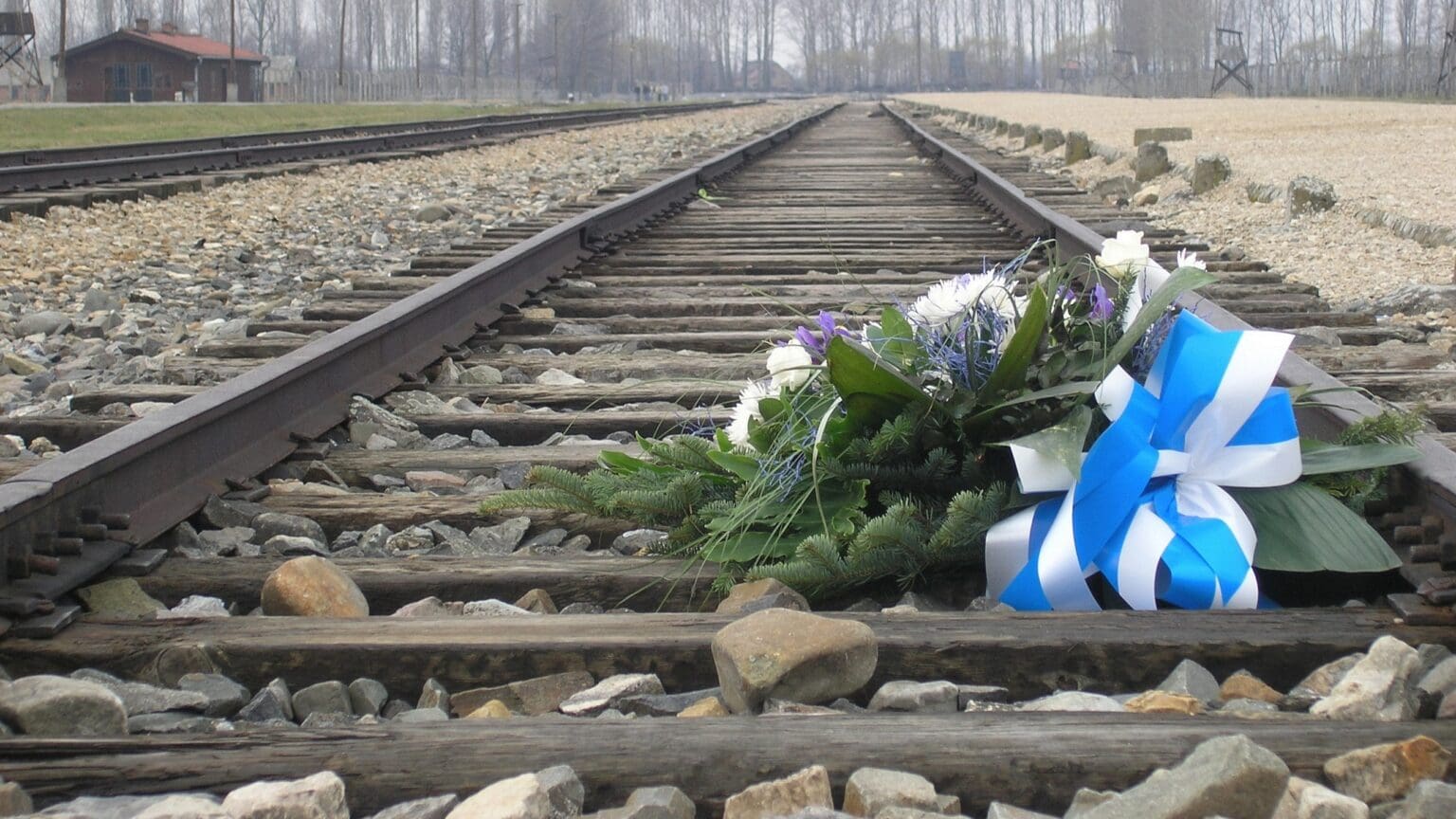
Gábor Deutsch, the staunchly anti-communist Chief Rabbi of Devecser, wrote a study on Judaism and Bolshevism published in 1937 in which his aim was ‘to prove, point by point, that the classical revelations of the Jewish religious ethos, the Scriptures and the Talmud are opposed sharply to the basic doctrines of Bolshevism’. On 4 July 1944 he was transported to Auschwitz, from where he never returned.

The Hungarian women’s handball team concluded the qualifying tournament with a flawless record, defeating Japan 37–28 on Sunday and securing their spot in the Olympic Games in Paris. This marks the first time since 2004 that both the Hungarian men’s and women’s national handball teams will compete at the Olympics.

The rising number of mental illness diagnoses is a concerning trend in Western societies, particularly among younger generations. This surge is attributed to the tendency to interpret even mundane life situations through psychological diagnoses, posing a significant threat to our societies. In a conversation with Hungarian Conservative Frank Füredi, Executive Director of MCC Brussels, discussed the possibilities of reversing this trend.

Albeit it is difficult to predict outcomes in advance, what seems very promising in terms of the Paris Olympics is that Kristóf Milák was faster than his chief international counterparts last week in Budapest. One great rival of his, Léon Marchand swam the 200m butterfly, Milák’s number one stroke, seven milliseconds more slowly than Milák (with a result of 1:54.97 compared to 1:54.90). Marchand recently swam a time of 48.40 seconds in the 100m freestyle, and so did Caeleb Dressel in San Antonio, US. During the national swimming championship, Milák was two milliseconds faster than both of his rivals.

Today every secondary school student is familiar with the concept of sustainability. In recent years, the common concern for climate change, resource scarcity, and ecological crisis has prompted youth to seek ways to take action.
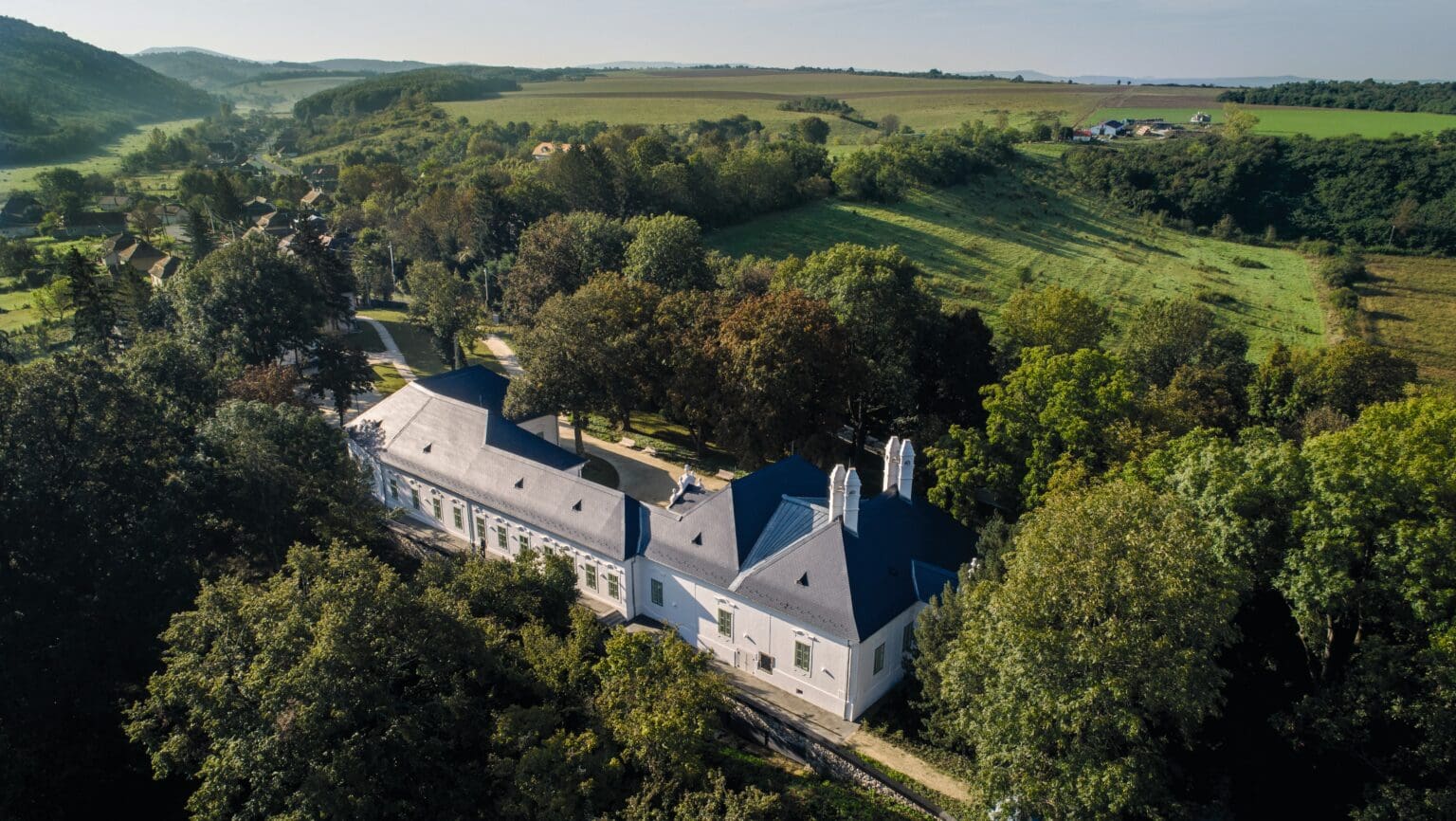
‘Picture writer’ is the old name for a painter, a term used by Benczúr to describe himself, even officially, for example when signing a contract of sale of an estate. ‘By choosing Gyula Benczúr’s self-definition as the main title of the exhibition, we want to draw visitors’ attention to the fact that the exhibition offers new approaches to his oeuvre through a “re-reading” of the works of art and primary written and pictorial sources,’ says curator Evelin Páll.
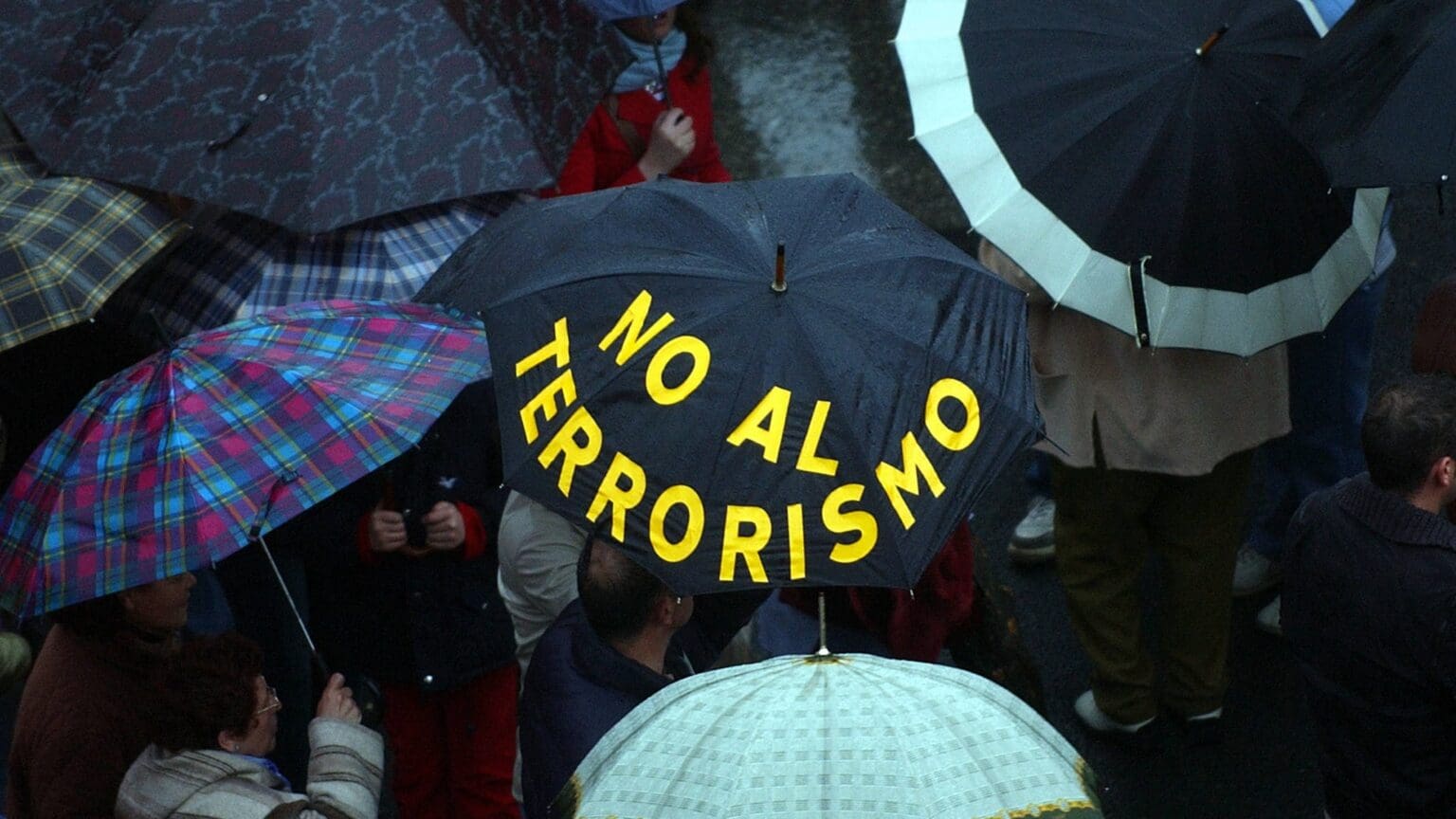
‘The patterns that emerge from examples drawn from 150 years of terrorism and counterterrorism are clear. When a tactic works, it is copied and adapted to new times and new situations. Attacks on civilians, women and children strike terror and provoke governments to react. When governments overreact and kill large numbers of civilians, regardless of the provocation, governments lose support, lose legitimacy, and in the modern world, soon find both popular opinion and later the world community will turn against them, making ultimate defeat inevitable.’

In 2020 and 2021 both the number of births and the fertility rate increased in Hungary during the COVID-19 pandemic because the poverty and disadvantage of those with children relative to childless people decreased to such an extent that having children was no longer a financial disadvantage in 2019 and 2021.
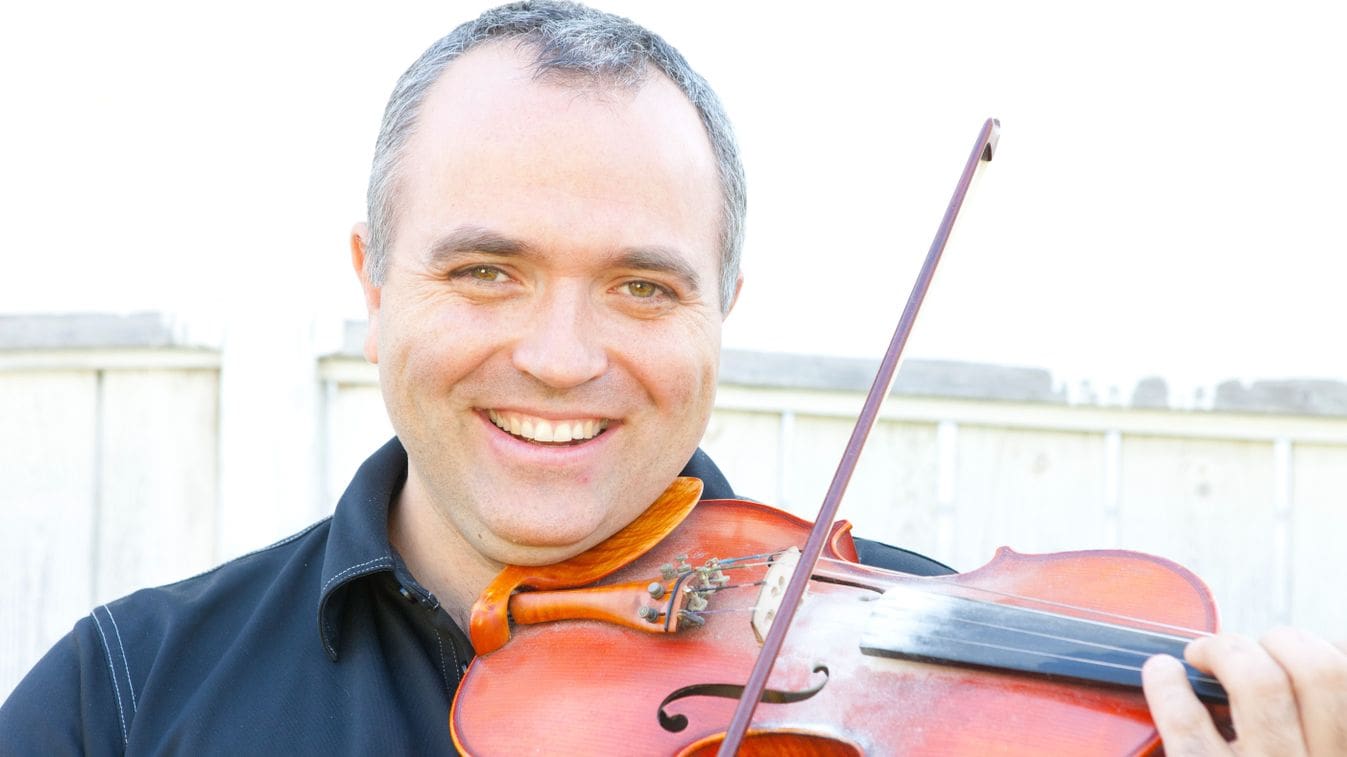
‘What ‘‘zestful life’’ means and how it can be achieved are answered in the book, starting from the premise that it requires ‘‘no special effort, skills, education or money’’. All it takes is following ten principles that are based on his family history, his respect for Hungarian music and culture as well as his practical life and working principles drawn from his private life and legal experience.’

British actress Francesca Amewudah-Rivers will be playing one of the most iconic roles in theatre history in an upcoming production by the Jamie Lloyd Company in London, opposite Tom Holland’s Romeo. Her race and appearance have drawn significant backlash online.

This year, 250 photographers submitted 2,470 entries totalling 6,801 photos for the Hungarian Press Photo Contest. At the opening ceremony of the 42nd Hungarian Press Photo Exhibition on 11 April, awards were presented for the first three places in fourteen categories, along with numerous special awards.
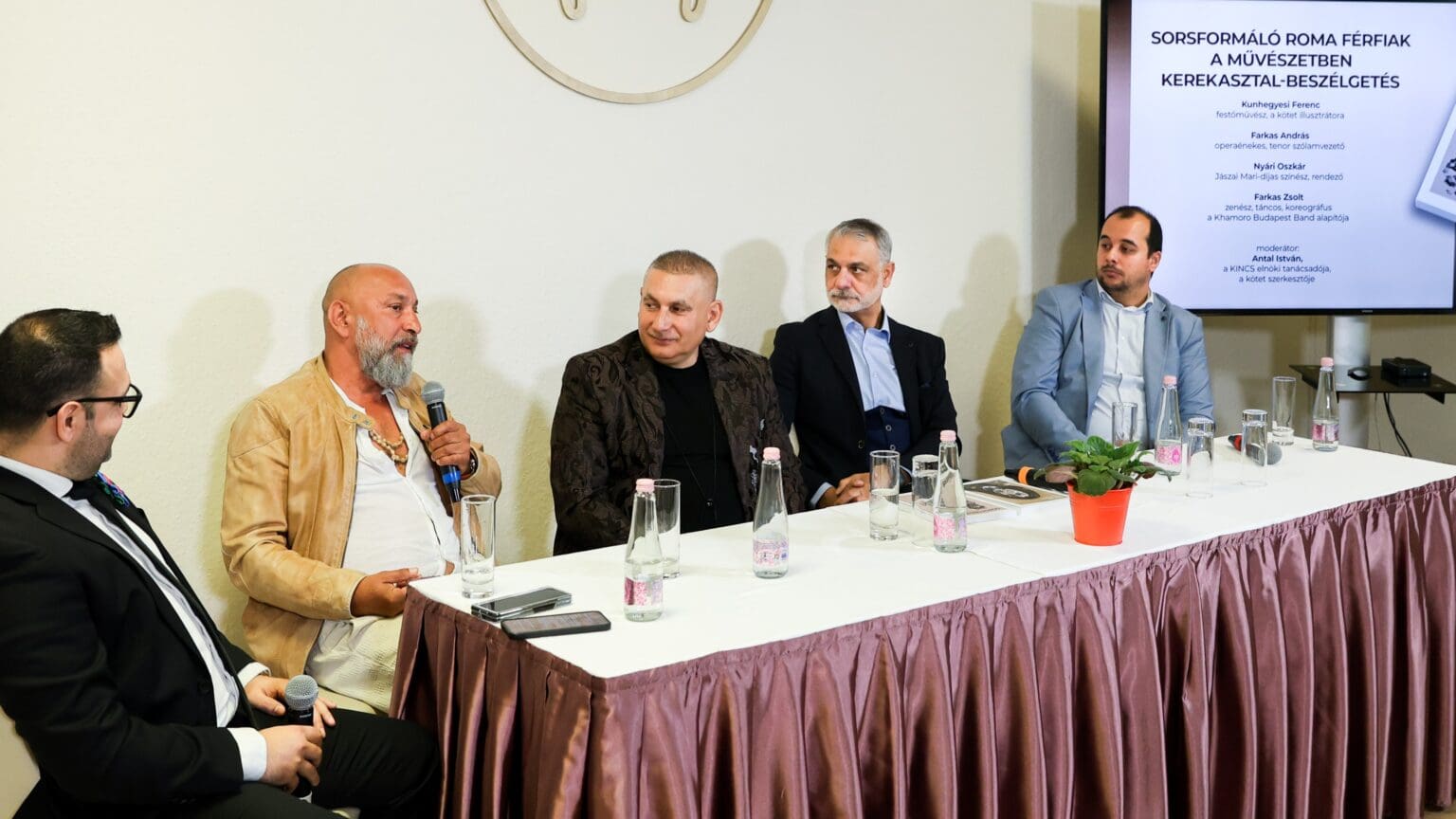
The launch of the book titled Fate Shapers – Stories of Successful Roma Men was held at the Mária Kopp Institute on Wednesday. The book presents the life stories of twelve successful Hungarian Roma men, serving as an inspiring example for the younger Roma generation.

In 2021 Hungary had the tenth lowest proportion of the population at risk of poverty or social exclusion in the EU, at 18.4 per cent. This compares to 30.6 per cent in 2014, when we ranked twenty-fourth, and our improvement of 12.2 percentage points is the largest among Member States.